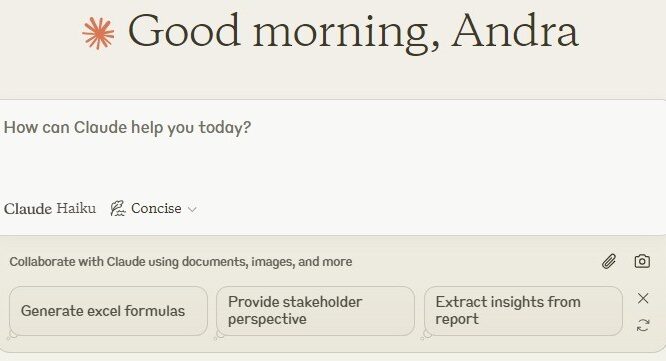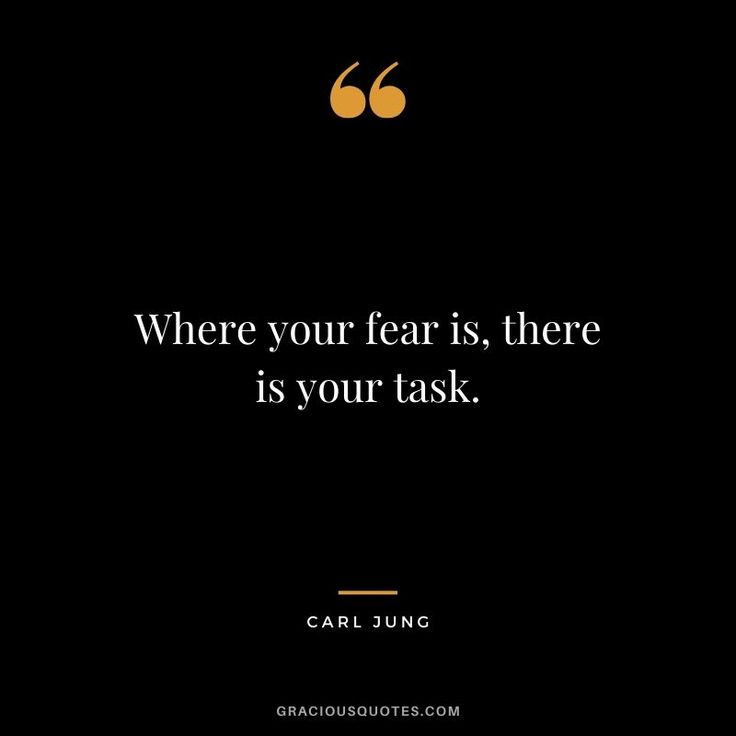Each week and sometimes daily I have to pull over for an ambulance headed to the Level 1 trauma center in the area where I live. One time I had to pull over in front of a police cruiser because I couldn’t stop fast enough behind it. It’s what you’re supposed to do.
It’s also a great reminder that someone else is having a far worse day than you are until the day it becomes you.
I had allergic reactions before but never like this. Unknowingly, I had developed 5 out of the 7 symptoms listed in #1 of the 4 things everyone should know about severe allergic reactions | UCLA Health
I had an EpiPen but had never used one, had never practiced with the test one, and had no idea what it was like to administer. So, I hesitated on all levels.
1. Not sure which symptoms to treat (40.6%)
2. Hesitant to go to the emergency room (24%)
3. Hesitant to call 911 (17.7%)
4. Not sure how to use epinephrine auto-injectors (11.5%)
5. Fear of needles (5.2%)
By the time I had called my husband, fumbled through the instructions and summoned up enough courage to do it, I knew he had to call 911 because the last step in bold letters was GET EMERGENCY MEDICAL HELP! Even if I was wrong, it was better than the alternative – #2.
I didn’t know that you can have a second reaction within 15 minutes and that’s why you need to call 911 and why EpiPens are prescribed in sets of 2. We wouldn’t have made it to the ER in that amount of time. It was Halloween just before the trick-or-treaters would arrive. I later found the second EpiPen in a drawer in our upstairs bathroom, both of them had expired last year – #4.
Recent tests showed I’m not allergic to food, but I was 100% sure it was what I had eaten a few hours prior, something I hadn’t eaten in years. I started researching the food ingredients from the package, specifically the bioengineered food additives now present that weren’t when I was a kid. Not really having used AI much, other than having it write my husband’s great aunt’s obituary which was amazing, I started using it to research. It made me consider other things the deeper I went.
Preparedness – collecting the data, writing the notes and lists, creating the timeline of events. This is where AI can help you. At the very least play around in a few of these and see what they can do. We did this with ChatGPT and my husband’s Dad and had fun with it. The holidays are approaching use it to entertain yourself with your family.
AI combined with an Internet search engine
1. Google AI Overviews – right now I find this to be the best AI tool for research. It generates an overview summary including a link and list of the source documents used. If you need to verify your sources as trustworthy and legitimate this is the best option.
2. Arc Search – mobile search on iOS and iPadOS – this was comparable to Google AI Overviews but it’s more difficult to capture the information generated especially any documents that it references. I couldn’t regenerate a specific response that I wanted because I didn’t capture it with a screenshot picture on my iPhone. I was able to regenerate that same specific response with ChatGPT where I did capture it but didn’t have the source documents.
3. Perplexity – One of the best search AI engines 2024 included in the article below. I didn’t try this one.
4. Microsoft Bing Copilot – this is similar to Google and Arc Search and does reference the source documents with a superscript number corresponding to the document listed at the end. However, it is much more limited in scope than the other two I used.
5. DuckDuckGo DuckAssist – is in beta mode. While it is the most private Internet search engine, it is lagging in the competition for the best AI search resource.
AI Platforms
1. ChatGPT OpenAI – free version – works well for creative tasks like summarizing notes, writing reports and obituaries, creating images and problem-solving. It doesn’t include links to the documents used to summarize the information it generates for you. A ChatGPT search engine is now available for paid subscribers.
2. Claude.ai Claude (Anthropic) – free version – Claude 3.5 Sonnet can be unavailable due to high demand. It is more specialized in technical areas, provides better solutions with more details and less errors with data through August 2023. It is better suited for tasks requiring deep analysis, detailed content creation and complex summarization. It was better at identifying the specific chemicals used in manufacturing the food additives but again doesn’t show the links to the source documents it used to generate the information.

Critical Thinking – this is where you must actively evaluate and question the information provided by AI tools rather than impulsively accepting it as a fact. This includes analyzing the source, context, potential biases, errors and limitations of AI outputs to make accurate conclusions and informed decisions.
These are some of the things I did.
• Prompt engineering: Carefully craft thoughtful prompts to guide the AI towards relevant and accurate responses. Don’t just accept the first AI response, probe further by asking clarifying questions to understand the reasoning behind the output.
• Fact-checking and verification: Cross-reference AI-generated information with reliable external sources to confirm accuracy.
• Analyze reasoning and logic: Examine the steps and reasoning used by the AI to reach its conclusions, identifying any logical fallacies or inconsistencies.
• Compare different AI outputs: Consult multiple AI tools or models to see if they provide consistent information and identify potential discrepancies. Actively seek out diverse viewpoints and interpretations to avoid echo chambers.
• Identify limitations: Recognize that AI is not infallible and may produce errors, misinterpretations, or incomplete information.
• Consider the human element: Always remember that AI is a tool designed by humans, and human limitations can be reflected in its outputs. AI will always have inherent limitations.
Benefits of using critical thinking with AI:
• Enhanced decision-making: By carefully evaluating AI insights, users can make more informed decisions based on reliable information.
• Increased creativity and innovation: AI can be used as a brainstorming tool, but critical thinking is needed to refine and evaluate generated ideas.
• Improved learning and understanding: Actively questioning AI outputs can deepen understanding of complex topics
See the Big Picture – Using the information I found, I started piecing together prior reactions and connecting the dots of food additive derivatives. I should’ve paid closer attention and documented what happened the other times, but it was so hard to pinpoint and describe. In hindsight, the prior reactions were more severe than I realized. They were obscure and didn’t happen immediately like the classic reactions, instead over hours.
I don’t remember what year it was that I went to an Urgent Care because I couldn’t breathe. I remember working on my laptop in the waiting room as a distraction, but I have no idea what other events had occurred to bring me there. I do remember being forewarned by the physician to never wait as long as I did and was prescribed my initial EpiPens.
I see the big picture now.
Collaboration – For those you collaborate with, some can only focus on what is familiar to them giving you the vibe that you may be delusional while others are open to new ideas and you may be called a genius. You have to be prepared for and expect both as it can go either way. The ones who can only function within their realm will dismiss you, and you leave the conversation not knowing anything more or what to do. Others have an open mind and can see the possibilities of what could be but may need more information or refer you to someone with a more specified expertise.
The importance of finding the right people to collaborate with is key. My brother made me think of something with a comment he made as we texted back and forth. I took a chance telling someone I trusted who ended up having a similar situation, these are the people who truly understand. And the recent medical professionals I saw – who I profusely prefaced to in advance that I originally majored in Biology for medical research & writing after completely acing it in high school realizing this was far beyond being Dr. Google in an entirely new and different dimension – were supportive and assured me I was on the right track and in the right place.
There is a tradeoff to everything. I gave up privacy to extensively search for ideas and answers that were far more valuable to me in the long run and for the off chance that this could help someone else.
AI is a useful tool that isn’t going to steal away your job, but it will change it for the better if you allow it to. It can’t critically think in a way that draws pieces of seemingly inconsequential information from unrelated sources and synthesize them into a coherent and plausible theory or idea. AI can generate a report from the notes you wrote but it can’t generate the assumptions, correlations and reasoning you did as you compiled those notes. It can’t collaborate with others who challenge you in your thinking or reasoning to consider another possibility. It can’t make the decisions for you and support and check on you after.
Don’t hesitate on life-altering decisions and using AI. Whatever platform you can utilize, discover ways how it can help you, not replace you – to organize your thoughts, ideas, theories, notes or summaries or find obscure information in a very short amount of time that few people ever write about.
Information like this is very much needed. There’s Still Confusion on How to Spot Treat Severe Allergic Reactions – October 25, 2024
4 things Claude AI can do that ChatGPT can’t | ZDNET
The best AI search engines in 2024 | Zapier


